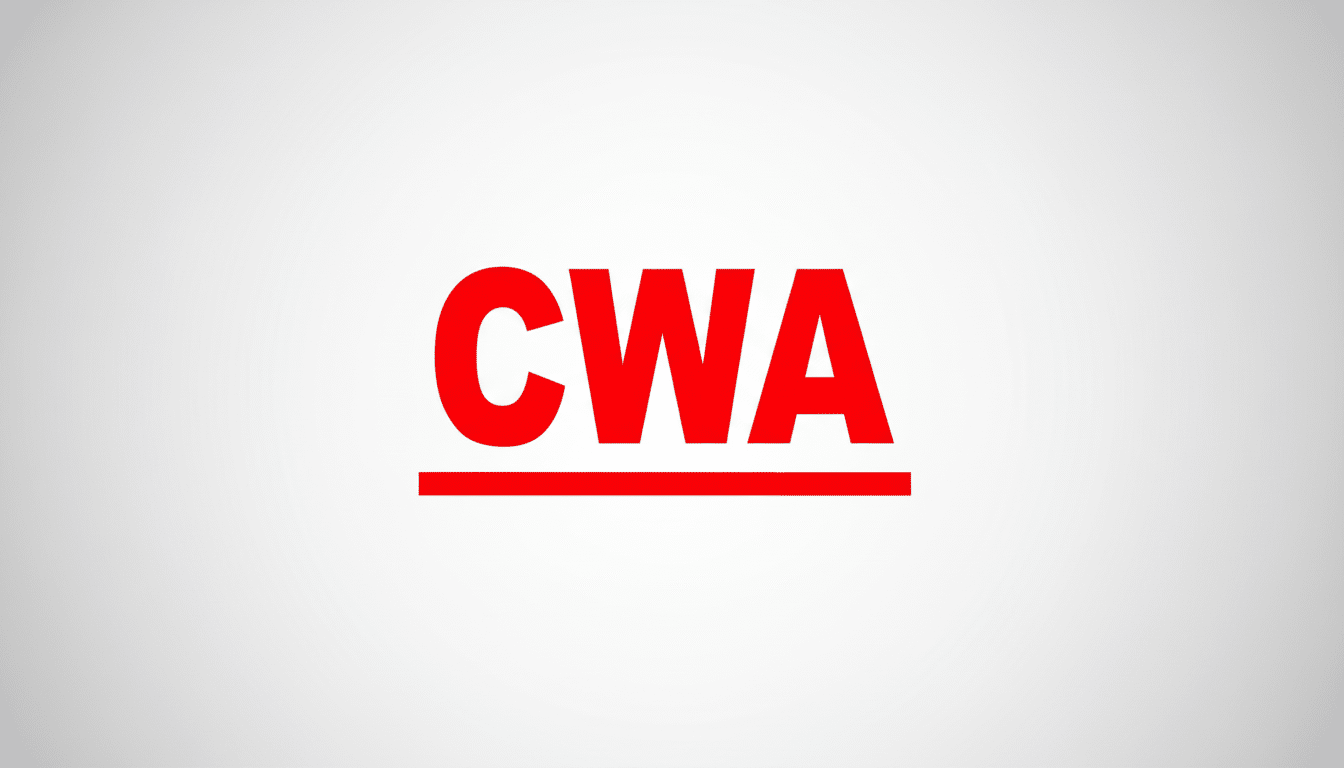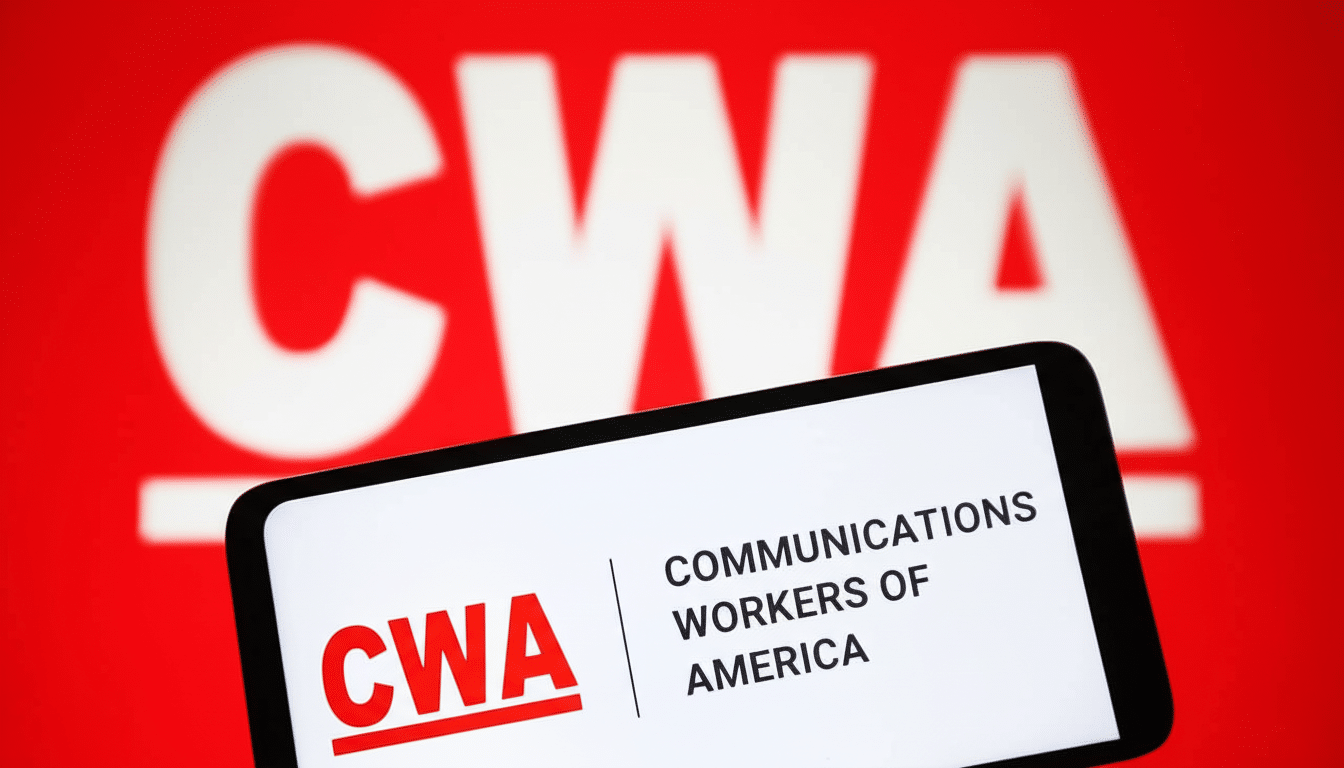Three of the nation’s largest labor unions are suing the federal government, saying that agents are using social media monitoring to discourage and retaliate against noncitizens who speak out against bad treatment when lawfully in the United States. The complaint, filed by the United Auto Workers, Communications Workers of America and the American Federation of Teachers, argues that the administration’s policies run counter to a healthy exchange of ideas, particularly among students and workers on temporary visas, and are unconstitutional as well as violations of administrative law.
What the unions’ lawsuit claims about social media surveillance
The unions allege that agencies are running a “sweeping surveillance dragnet” to find online posts critical of the administration or its allies, turning a disproportionate amount of attention on U.S.-based visa holders and lawful permanent residents with university ties. Members have already started deleting years-old posts and avoiding discussing controversial issues on social media for fear that a tweet, meme or campus speech could trigger an immigration penalty, the filing said.
- What the unions’ lawsuit claims about social media surveillance
- How social media screening in immigration vetting grew
- The constitutional and legal stakes of the unions’ challenge
- Real-life consequences for workers and international students
- What comes next in the unions’ challenge to social media screening

The suit focuses on a State Department program that unions refer to as “Catch and Revoke,” through which officials have been able not just to cancel visas for alleged illegal conduct but also now for behavior the authorities believe has “abused our hospitality.” The plaintiffs claim that nebulous criteria result in enforcement based on the point of view expressed — punishing political viewpoints rather than crime or threats — in violation of the First Amendment and Administrative Procedure Act.
And the legal filing also references recent visa revocations that were reportedly linked to social media commentary about a well-known conservative person. Senior officials have cast such actions as protecting public safety in public statements, but the unions argue they amount to a chilling effort to impede protected protest and debate.
How social media screening in immigration vetting grew
Social media screenings have gradually expanded as a part of the immigration vetting process. The State Department started asking most visa applicants for their identifiers, and there are reports that students in F, M, and J visa categories receive extra scrutiny of their “online presence.” Axios has outlined a process involving AI-inflected poring over vast numbers of accounts and that, at least for an especially large number of international students, suggests a major ratcheting up in scale.
Independent oversight bodies have also cast doubt on the viability and legality of widespread surveillance of social media. The Government Accountability Office has called on agencies to set clear measures of success, and the Department of Homeland Security inspector general determined that pilots have often generated very little actionable intelligence. Studies from the Brennan Center for Justice have cautioned that automated tools may misinterpret satire, slang, and multilingual content — leading to false positives that end up predominantly ensnaring users from marginalized communities.
Universities are watching closely. The Institute of International Education says (PDF) the U.S. is home to over a million international students — not an insignificant source of research output and local economic boost. Administrators and faculty unions warn that sweeping social media monitoring could serve as a deterrent to enrollment, while damaging campus speech norms.
The constitutional and legal stakes of the unions’ challenge
At issue in the suit is a question of whether the government may condition immigration status on adherence to favored beliefs. Noncitizens in the United States are generally protected by the First Amendment, courts have long held. The unions contend that revoking visas because officials disapprove of the politics of visa holders is viewpoint discrimination, which presumptively violates the First Amendment.

The plaintiffs also raise the Administrative Procedure Act, claiming that new enforcement standards were adopted without proper notice-and-comment and are arbitrary and capricious. If a court accepts it, parts of the program could be put on ice even before reaching the larger constitutional question.
Civil rights organizations — including the ACLU and the Knight First Amendment Institute — have warned that such social media vetting encourages overreach. They add that broad monitoring may blur the line between criticism of government policy and incitement, even as longstanding legal distinctions between protected advocacy and illegal threats remain in place.
Real-life consequences for workers and international students
Union leaders say the policy climate is already influencing behavior at worksites and campuses. Graduate workers and new-hire engineers have said they or their colleagues have scrubbed profiles, deleted posts in their native languages, and have not attended rallies. In speaking with organizers, stewards say members who are on the visa waitlist often will not appear in photographs; they fear that having an online identity could be misunderstood by authorities.
The risks run beyond deportation. Cancellations of visas can disrupt degree programs, void work authorization and threaten research projects supported by federal grants. For employers, abrupt removals can interrupt production timetables and add compliance costs, layering uncertainty onto industries that rely heavily on global talent.
What comes next in the unions’ challenge to social media screening
The unions are asking for a court order to stop practices of revoking visas over online speech and to require clearer, legally grounded standards. Analysts anticipate that the government will contend that immigration screening is a fundamental national security duty that deserves considerable deference, especially in the case of noncitizens.
Two questions could determine the case: whether the program emphasizes disfavored viewpoints rather than any specific threat, and whether agencies abided by legal procedures in setting new enforcement rules. A ruling that crimps government use of social media monitoring would reverberate across campus life, labor organizing and tech platforms familiar with law enforcement requests for data.
For the time being, legal experts recommend that international students and workers document their communication with immigration counsel, review their privacy settings and weigh their institution’s policy when it comes to protest and speech. The larger issue at play — in a time when how society balances public safety with free expression in the digital age remains thorny — appears far from diminishing, and this lawsuit could be its next big precedent.

